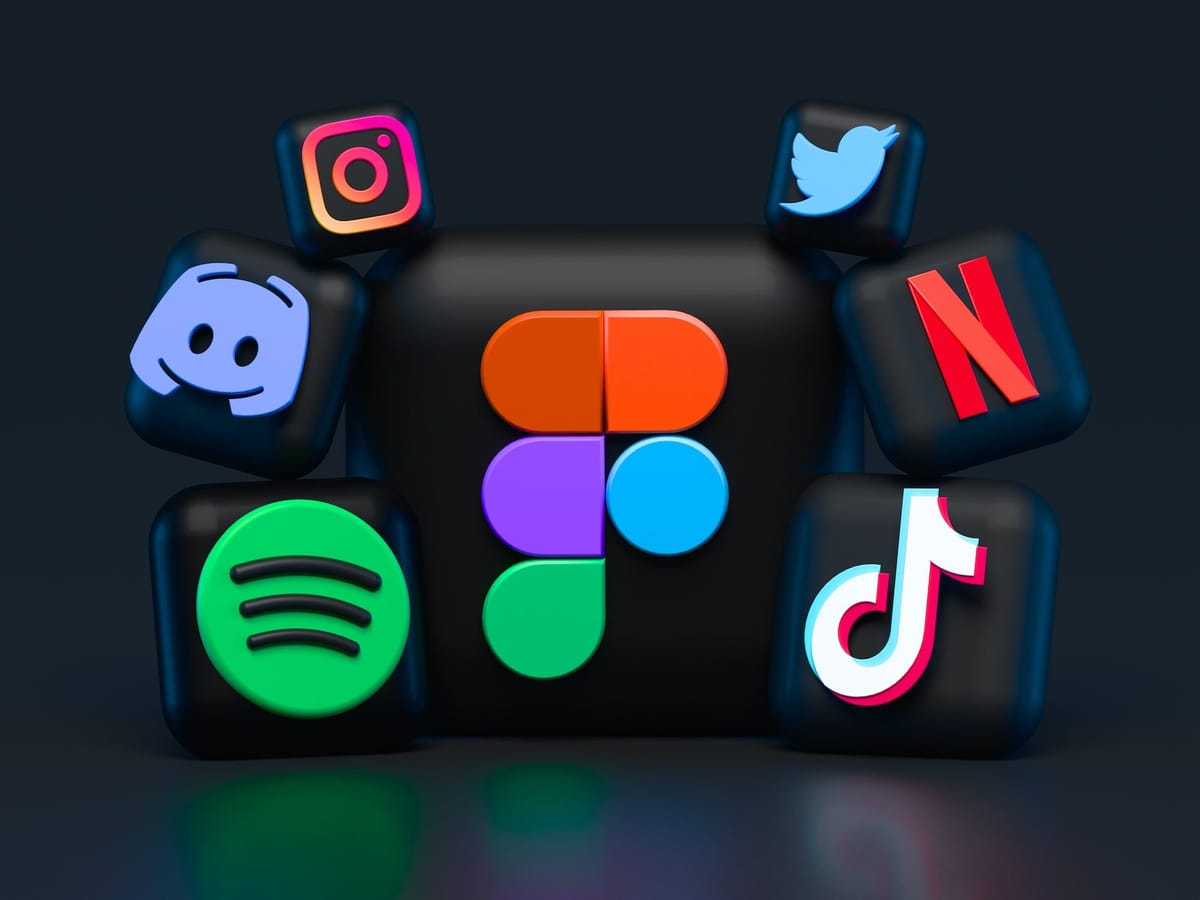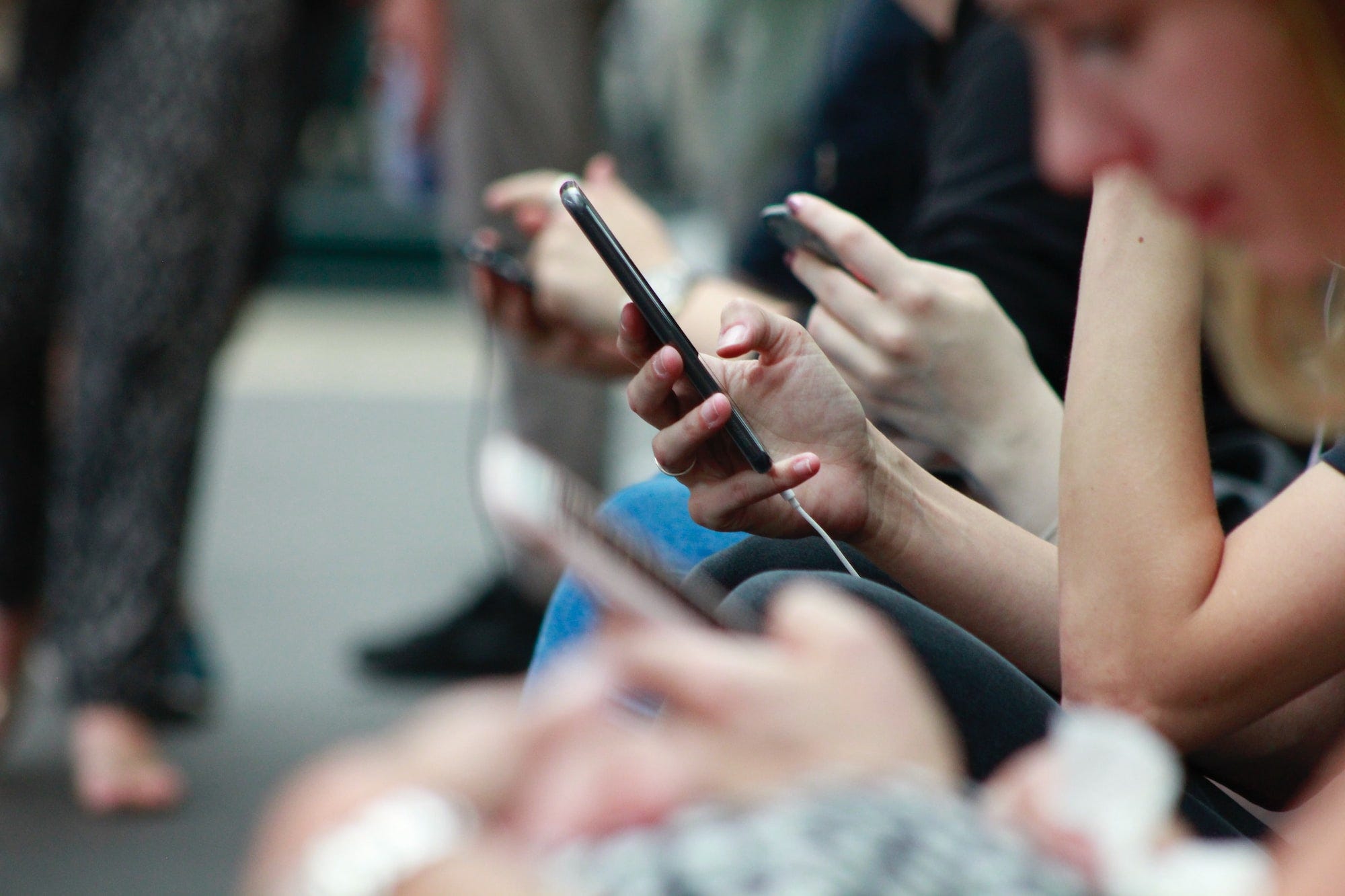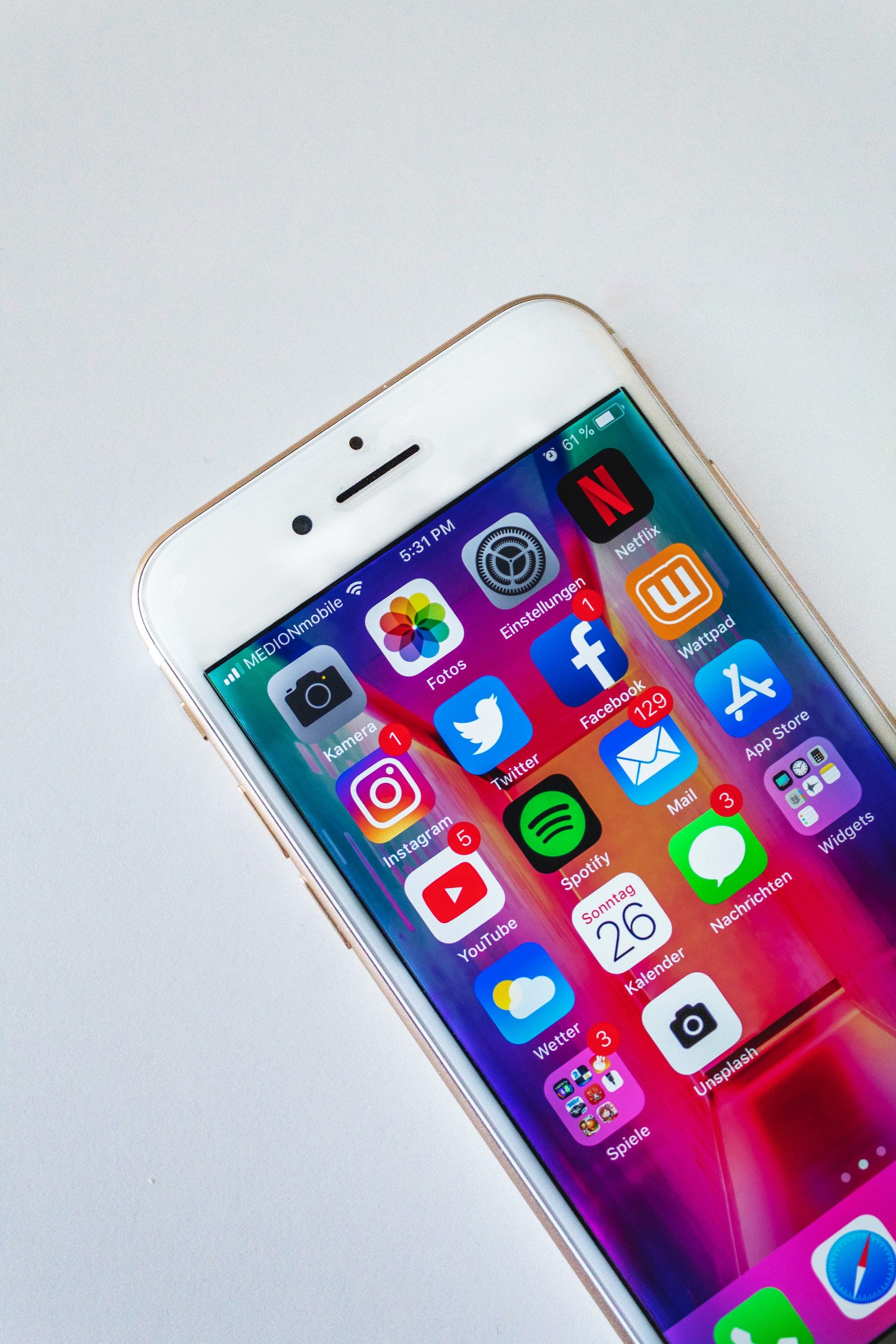The Impact of Social Media on Mental Health: Navigating the Risks and Benefits
Ultimately, the impact of social media on mental health is complex and multifaceted.

The impact of social media on mental health has been a topic of growing concern in recent years. While social media platforms have brought many benefits to our lives, such as increased connectivity and access to information, there are also potential risks to our mental well-being. In this article, we will explore the impact of social media on mental health, including both the positive and negative effects, as well as some tips for managing social media use in a healthy way.
Positive Effects of Social Media on Mental Health
Let's start with some of the ways in which social media can actually have a positive impact on mental health. One of the key benefits of social media is the ability to connect with others and build supportive communities. For people who may feel isolated or marginalized in their offline lives, social media can provide a space for connection and belonging. This can be especially valuable for people with mental health issues who may feel stigmatized or misunderstood by others.

Social media can also be a source of inspiration and motivation, providing access to role models, success stories, and positive messages. For example, people with depression may find comfort in following social media accounts that promote self-care and positive thinking. Similarly, people with anxiety may find support in online communities that share strategies for managing symptoms.
Negative Effects of Social Media on Mental Health
While social media can be a positive force for mental health, there are also some potential negative effects to consider. One of the biggest risks associated with social media is the tendency for users to compare themselves unfavorably to others. Seeing curated and edited versions of other people's lives can lead to feelings of inadequacy, jealousy, and anxiety. This can be especially true for people who are already struggling with self-esteem issues or mental health conditions like depression or eating disorders.
Another potential negative effect of social media is the tendency to engage in "doomscrolling" or excessive scrolling through negative news or posts. This can lead to feelings of despair, hopelessness, and anxiety, particularly in times of crisis or uncertainty.

Finally, social media can also be a source of bullying, harassment, and online abuse. This can have serious impacts on mental health, including depression, anxiety, and even suicidal thoughts.
Tips for Managing Social Media Use
Given these potential risks, it's important to approach social media use thoughtfully and intentionally. Here are a few tips for healthily managing social media use:
- Set boundaries: Consider limiting your social media use to certain times of the day or certain apps. For example, you might decide to only check social media once in the morning and once in the evening or to only use certain platforms that you find most valuable or enjoyable.
- Curate your feed: Be intentional about the people and accounts you follow on social media. Unfollow or mute accounts that make you feel bad about yourself, and seek out accounts that promote positivity, connection, and inspiration.
- Take breaks: It can be helpful to take periodic breaks from social media to give yourself a mental break and reset. Consider deleting apps for a few days or a week, or taking a social media sabbatical for a longer period of time.
- Connect offline: While social media can be a valuable tool for connection, it's important to prioritize in-person relationships and activities. Make time for activities and interactions that bring you joy and fulfillment offline, such as hobbies, exercise, or spending time with friends and family.
Navigating the Risks and Benefits of Social Media on Mental Health
While social media can have both positive and negative effects on mental health, it's important to approach social media use in a thoughtful and intentional way. By setting boundaries, curating your feed, taking breaks, and prioritizing offline connections, you can use social media in a way that supports your mental well-being.
As social media continues to evolve and play a bigger role in our lives, it's important to remain aware of its potential impacts on mental health and to make choices that promote our overall well-being.

It's also important for social media platforms to take responsibility for their impact on mental health and to work to mitigate potential harms. This might include measures like reducing exposure to harmful content, providing resources for mental health support, and implementing anti-bullying policies and enforcement.
Ultimately, the impact of social media on mental health is complex and multifaceted. While there are certainly risks and challenges associated with social media use, there are also potential benefits and opportunities for connection and support. By being mindful and intentional about our social media use, we can navigate these complexities in a way that promotes our overall well-being.
💡 This article has been written with the help of A.I. for topic research and formulation.





